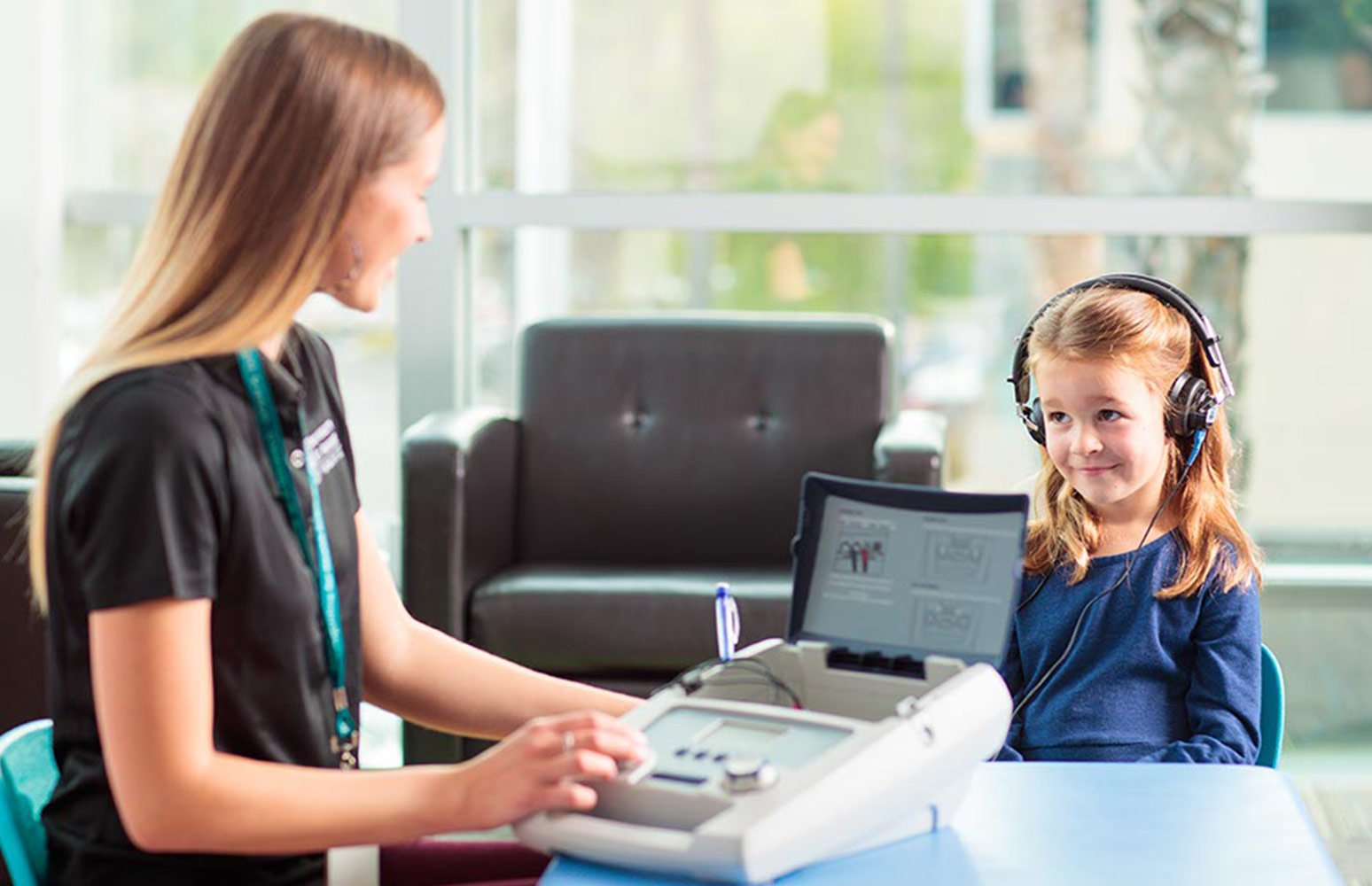What Makes a Good Speech Pathologist? Key Qualities to Look For
What Makes a Good Speech Pathologist? Key Qualities to Look For
Blog Article
How a Speech Pathologist Can Help Improve Communication Abilities
Efficient communication is a keystone of individual and specialist success, yet several people deal with difficulties that impede their capability to reveal themselves clearly. A speech pathologist is geared up to address these barriers via targeted analysis and treatment methods tailored to each individual's demands. By using evidence-based restorative methods, they not only function to boost speech and language problems however also enhance total communicative skills. Comprehending the multifaceted role of a speech pathologist discloses exactly how their know-how can transform lives, inviting a more detailed assessment of the particular methods and end results connected with their practice.
Comprehending Communication Conditions
Understanding communication conditions is vital for recognizing exactly how they impact individuals' capacity to express themselves and involve with others. Interaction conditions encompass a large array of difficulties that impact speech, language, and social communication, typically preventing effective interaction. These problems can occur from numerous factors, including neurological problems, developmental delays, physical disabilities, or psychological problems.
Speech problems might manifest as problems in expression, fluency, or voice production, affecting exactly how words are noticable or talked. Language problems, on the other hand, involve difficulties in understanding or utilizing language, which can restrain both verbal and non-verbal communication. Social communication conditions are defined by troubles in the practical facets of interaction, such as taking kip down discussion or understanding social cues.
The consequences of communication conditions are profound, affecting not only the individual's capability to communicate ideas and feelings however likewise their social partnerships, instructional possibilities, and total quality of life. Awareness of these problems can cultivate compassion and assistance, motivating efficient methods for communication and interaction. Comprehending the complexities of communication disorders is a vital step towards promoting inclusivity and dealing with the needs of those affected.
Role of a Speech Pathologist
Speech pathologists regularly play an essential function in identifying and treating interaction conditions, employing a range of evidence-based strategies customized to each person's demands. These experts work with people across the lifespan, from youngsters with speech delays to adults recouping from strokes or distressing brain injuries. Their knowledge encompasses a selection of interaction problems, consisting of expression, fluency, voice, and language problems.
In restorative setups, speech pathologists use structured treatments developed to boost communication abilities. They may apply methods such as speech exercises, language video games, and social communication training to promote enhancements in meaningful and receptive language capabilities. Speech Pathologist. In addition, they enlighten clients and their households concerning efficient interaction strategies and adaptive techniques to navigate daily communications
Beyond direct treatment, speech pathologists team up with other medical care specialists, caregivers, and teachers to guarantee a thorough approach to treatment. They promote for customers by offering sources and assistance, making it possible for individuals to achieve their communication objectives and boost their total quality of life. As professionals in the field, speech pathologists are important in cultivating effective communication, promoting self-reliance, and improving social involvement for those with interaction difficulties.
Analysis and Medical Diagnosis Refine
The analysis and medical diagnosis procedure performed by speech pathologists typically includes a thorough analysis to recognize interaction problems properly. This procedure starts with a thorough instance history, where the clinician collects relevant information about the person's medical, academic, and developing background. Recognizing the context of the person's interaction problems is vital for a precise diagnosis.
Following the case background, speech pathologists make use of casual evaluations and standardized examinations to review numerous elements of communication, consisting of speech audio production, language comprehension, meaningful language, and social communication skills. These analyses are customized to the individual's age and specific problems, supplying important information for evaluation.
Observation is also a critical part of the evaluation process, as it permits the medical professional to see firsthand just how the private communicates in natural setups. Furthermore, meetings with member of the family and instructors can supply insight right into the individual's interaction difficulties throughout different settings.
Once the evaluation is total, the speech pathologist manufactures the findings to establish a diagnosis and advise suitable treatments. This extensive analysis process makes sure that individuals get targeted assistance tailored to their one-of-a-kind communication requirements, laying the structure for effective restorative approaches.
Therapeutic Methods and Strategies
Various therapeutic methods and approaches are employed by speech pathologists to attend to a selection of communication disorders successfully. One extensively utilized method is expression treatment, which concentrates on fixing speech seems with rep and aesthetic cues. This technique is especially beneficial for individuals with speech sound conditions.
One more reliable approach is language treatment, which enhances both meaningful and responsive language abilities. This might entail interactive tasks that advertise vocabulary growth, syntax understanding, and conversational see skills. Additionally, speech pathologists typically utilize social abilities educating to enhance pragmatic language capabilities, allowing individuals to navigate social interactions extra efficiently.
Fluency shaping and stuttering adjustment techniques are specifically developed to help those experiencing fluency problems. These techniques aid customers create smoother speech patterns and manage the physical and psychological components of stuttering.
Additionally, augmentative and different interaction (AAC) systems are utilized for individuals with extreme interaction disabilities. These systems, which additional resources can include motions, signs, or electronic devices, provide essential assistance for efficient communication.
Advantages of Speech Treatment

Furthermore, speech therapy can assist in creating essential listening and understanding skills, fostering far better communication in conversations. Individuals with cognitive-communication problems can likewise benefit, as therapy concentrates on enhancing memory and problem-solving abilities, crucial for efficient communication.
An additional important facet is the emotional assistance offered throughout treatment sessions. Speech pathologists create a secure atmosphere, encouraging people to conquer anxiety and frustration relevant to their communication concerns. This support can lead to enhanced self-esteem and total mental health.
Furthermore, very early intervention via speech treatment can prevent additional complications, making certain that individuals reach their complete communicative potential. Generally, the benefits of speech therapy expand beyond plain speech improvement, favorably impacting different measurements of life for those affected by interaction troubles.
Conclusion
In recap, speech pathologists play a crucial function in resolving communication conditions via assessment, diagnosis, and tailored restorative treatments. By using evidence-based techniques, these experts improve people' speech and language capabilities, fostering enhanced quality, fluency, and social communication skills. The benefits of early treatment emphasize the importance of seeking help from speech pathologists, as their competence can dramatically enhance communicative potential, eventually causing better success in both professional and personal spheres.

Speech pathologists often play an essential role in identifying and dealing with interaction problems, employing a variety of evidence-based strategies customized to each individual's needs. As professionals in the area, speech pathologists are essential in fostering efficient interaction, advertising freedom, and enhancing social discover here involvement for those with communication difficulties.

Report this page